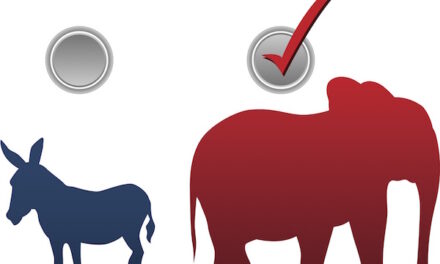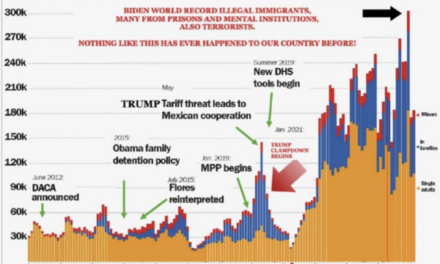We support our Publishers and Content Creators. You can view this story on their website by CLICKING HERE.
I am somewhere over the Atlantic, returning from two weeks of vacation in London and Paris. I didn’t plan the vacation in order to get out of the country immediately before the election; this was the only two-week slot that worked, if we were going to take a vacation this year. But being gone did have advantages.
I followed events fairly closely, checking poll data daily on RealClearPolitics, enjoying Trump’s McDonalds and garbage riffs and the MSG rally. I think the insulation of a few thousand miles kept my blood pressure down at times.
I said quite a while ago that the election would be close, but at the end of the day I didn’t think an administration with as bad a record as the Biden/Harris administration’s, with a candidate as inept as Kamala Harris, can be re-elected. Despite the perception that Kamala has finished strongly, I see no reason to change my mind. It is much like 2016, when I predicted a Trump win and stuck with it even though, by Election Day, I had no confidence that I had been right.
One thing this election has made clear is that Americans are even more divided than one would have thought possible, just a few years ago. It is not just that we are divided over policy, as we were, for example, leading up to the Civil War, or at the outset of the Depression. Rather, policy is the least of it. Republicans and Democrats are apparently living in different worlds, with very different understandings of the most basic facts. In 1858, voters might be in favor of slavery or opposed to slavery, but no one was saying, Slavery? What slavery?
Whoever wins this election–and I fervently hope it will be Trump–we will be left with the question, how can two groups of people who see the world so differently, who have so little in common, whose objectives are so antithetical, whose demands on one side are increasingly totalitarian, live together as citizens of a common republic? Do they, in fact, want to share a common republic? Can a common understanding of our shared citizenship ever be restored? If so, how, when much of our country and most of our political class despise our Constitution?
No matter how the election turns out, I suspect the time is coming when these questions will seem more legitimate, and more pressing, than most now imagine.

 Conservative
Conservative  Search
Search Trending
Trending Current News
Current News 





